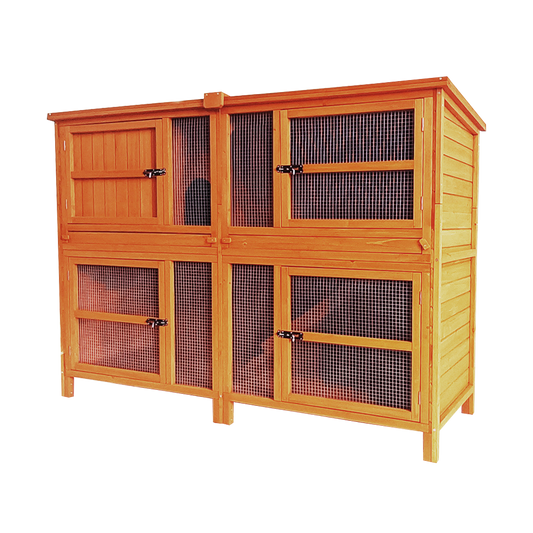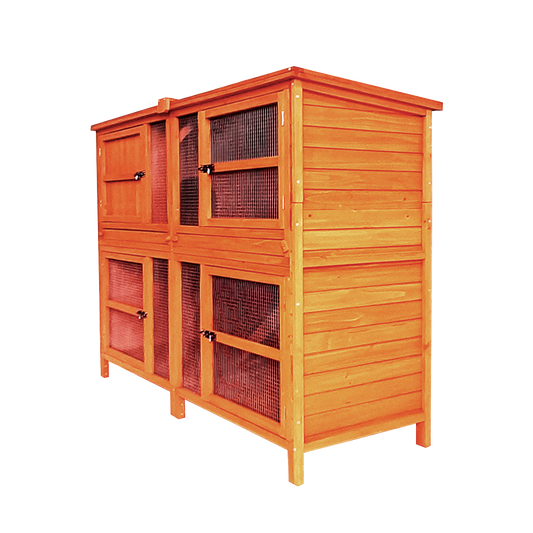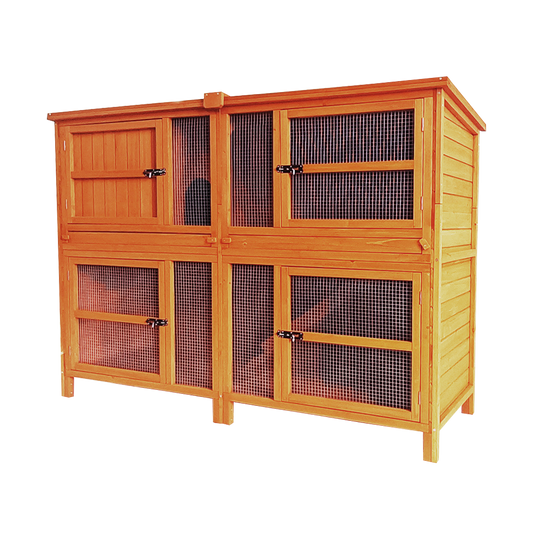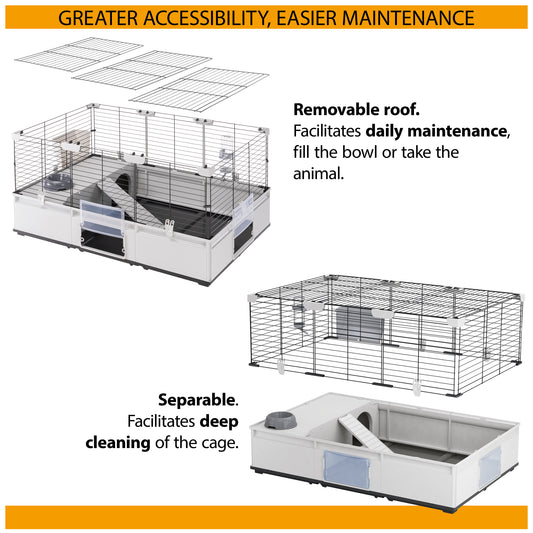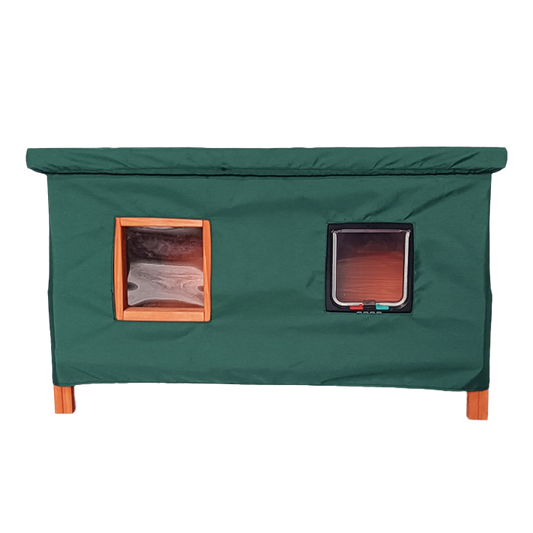As pet owners, we want nothing but the best for our furry companions. One of the key decisions we make in ensuring their well-being is choosing the right diet. Over the years, there has been a significant shift in pet nutrition, with more and more pet parents opting for grain-free dog food. In this blog post, we'll explore the reasons behind this trend and discuss why grain-free dog food is often considered a better choice for our four-legged friends.
- Mimicking Ancestral Diets:
Grain-free dog food is often formulated to mimic the diet of a dog's wild ancestors. Wolves and wild dogs primarily consume animal-based proteins and fats, not grains. By eliminating grains from your dog's diet, you're aligning their nutrition more closely with their evolutionary history. This can result in a diet that's easier for your dog to digest and utilize for energy and overall health.
- Reduced Allergen Risk:
Grains like wheat, corn, and soy are common allergens for dogs. Many dogs suffer from food allergies or sensitivities that can manifest as skin issues, digestive problems, or even chronic ear infections. By opting for grain-free dog food, you reduce the risk of exposing your pet to potential allergens, making it easier to identify and manage any food-related sensitivities.
- High-Quality Protein Sources:
Grain-free dog foods typically rely on high-quality animal protein sources such as chicken, turkey, beef, salmon, or lamb. These animal-based proteins provide essential amino acids that are crucial for your dog's muscle development, immune function, and overall vitality. By prioritizing these protein sources over grains, you're offering your dog a more biologically appropriate and nutritious diet.
- Lower Carbohydrate Content:
Grain-free dog food tends to have a lower carbohydrate content compared to traditional dog food that relies heavily on grains as fillers. High-carb diets can contribute to obesity, diabetes, and other health issues in dogs. By reducing the carbohydrate load in your dog's diet, you're promoting better weight management and overall health.
- Improved Digestibility:
Dogs have shorter digestive tracts designed to efficiently process animal proteins and fats. Grains can be harder for them to digest, potentially leading to gastrointestinal discomfort and inefficiency in nutrient absorption. Grain-free dog food can enhance digestibility, ensuring that your pet gets the most out of their meals.
- Enhanced Skin and Coat Health:
Many pet owners notice an improvement in their dog's skin and coat condition when transitioning to grain-free diets. The higher protein content and healthier fats in these foods can promote shinier coats, reduce shedding, and alleviate skin irritations.
- Better Dental Health:
Some grain-free dog foods incorporate ingredients that are beneficial for dental health, such as natural dental abrasives or additives like glucosamine and chondroitin. These elements can help maintain your dog's oral hygiene while they enjoy their meals.
Conclusion:
While grain-free dog food isn't suitable for every dog, it has proven to be a better option for many due to its alignment with a dog's natural diet, reduced allergen risk, high-quality protein sources, lower carbohydrate content, improved digestibility, enhanced skin and coat health, and potential benefits for dental health. However, it's essential to consult with your veterinarian before making any dietary changes for your pet. They can provide personalized guidance based on your dog's specific needs and health considerations. Ultimately, the decision to switch to grain-free dog food should prioritize your pet's well-being, aiming to provide them with the best possible nutrition for a happy and healthy life.
Here are our some of our favourite brands that offer grain-free dog treats and dog food:


